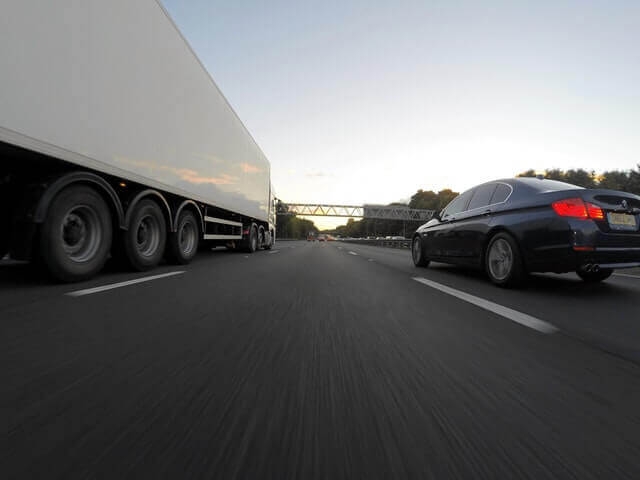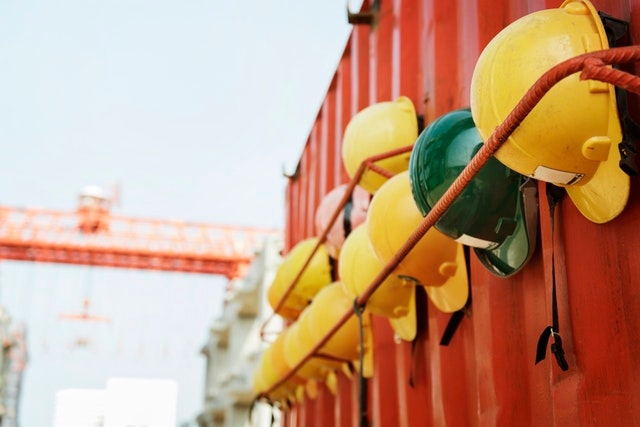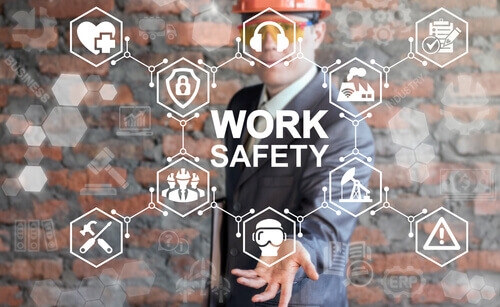Face Coverings | Essential Guide for Employers
July 23, 2020 | By: Victoria Makepeace
Face Coverings - England
 Currently, the wearing of a face covering is optional and this is not required by law, in the workplace. If employees choose to wear one, it is important to use face coverings properly and wash hands before putting them on and taking them off. Therefore, employers should support their employees in using face coverings safely if they choose to wear one. This means that you need to inform employees of the following:
Currently, the wearing of a face covering is optional and this is not required by law, in the workplace. If employees choose to wear one, it is important to use face coverings properly and wash hands before putting them on and taking them off. Therefore, employers should support their employees in using face coverings safely if they choose to wear one. This means that you need to inform employees of the following:
- Hands need to be washed thoroughly with soap and water for 20 seconds or use hand sanitiser before putting a face covering on, and after removing it.
- When wearing a face covering, avoid touching your face or face covering, as you could contaminate them with germs from your hands.
- Change the face covering if it becomes damp or if they have touched it.
- Continue to wash your hands regularly.
- Change and wash your face covering daily.
- Where the material is washable, it should be washed in line with manufacturer’s instructions. If it is not washable, dispose of it carefully in your usual waste.
- Practice social distancing wherever possible.
Mandatory
From the 15th June 2020, it became mandatory to wear face coverings on public transport in England.
From the 24th July 2020, you must by law wear a face covering in shops and supermarkets. It is advised that you wear a face covering in other enclosed public spaces where social distancing may be difficult and where you come into contact with people you do not normally meet.
You can wear a face covering you have made yourself, follow the
simple guidelines on the Government website.
It is not compulsory for shop or supermarket employees to wear face coverings, although employers should consider recommending their use where appropriate and where other mitigations are not in place.
Face Coverings Exemption
There are some circumstances, for health, age or equality reasons, whereby people are not expected to wear face coverings in these settings. Please be mindful and respectful of such circumstances noting that some people are less able to wear face coverings.
You do not need to wear a face covering if you have a legitimate reason not to. This includes:
- Young children under the age of 11.
- Not being able to put on, wear or remove a face covering because of a physical or mental illness or impairment, or disability.
- If putting on, wearing or removing a face covering will cause you severe distress.
- If you are travelling with or providing assistance to someone who relies on lip reading to communicate.
- To avoid harm or injury, or the risk of harm or injury, to yourself or others.
- To avoid injury, or to escape a risk of harm, and you do not have a face covering with you.
- To eat or drink, but only if you need to take medication.
- If a police officer or other official requests you remove your face covering.
- If speaking with people who rely on lip reading, facial expressions and clear sound. Some may ask you, either verbally or in writing, to remove a covering to help with communication.
Face Coverings - Scotland
Retail
A face covering must be worn by everyone using a shop, this is any indoor establishment which offers goods or services for sale or hire, when the shop is open.
You do not need to wear a face covering in hospitality premises such as cafes, coffee shops, restaurants or pubs. Or in money services businesses such as banks and building societies.
It is recommended that employees wear face coverings even when 2m physical distancing is applied. However, there is an exemption for employees where 2m physical distancing or Perspex screens are in place.
Transport
A face covering must be worn by all passengers, employees or operators in the following settings:
- Train services including the Glasgow subway.
- Bus services including the Edinburgh tram.
- Taxi and private hire vehicles.
- Bus stations, railway stations (including open air stations) and airports.
- Ferry services (unless the ferry is open to the elements and physical distancing can be achieved, or the vessel is large enough that physical distancing can be achieved).
- Airline services.
Face Covering Exemptions
Some people are not required to wear a face covering. These include:
- Children under 5 years of age.
- Police constables or employees such as paramedics acting in the course of their duty.
- Employees such as drivers or checkout assistants who are physically separated, by means of, for example, screens, from passengers or customers.
- Shop workers if they maintain a 2m distance from customers or members of the public.
Reasonable excuse not to wear a face covering, for example:
- If you have a health condition or you are disabled and a face covering would be inappropriate because it would cause difficulty, pain or severe distress or anxiety or because you cannot apply a covering and wear it in the proper manner safely and consistently. Individual discretion should be applied in considering the use of face coverings for other children including, for example, children with breathing difficulties and disabled children who would struggle to wear a face covering.
- You need to eat or drink.
- You are taking medication.
- You are communicating with someone else who relies on lip reading.
- A police officer, asks you to remove your face covering.
Get in touch with our Health and Safety team today for advice about specific issues affecting your business.Share this with a friend:
 Currently, the wearing of a face covering is optional and this is not required by law, in the workplace. If employees choose to wear one, it is important to use face coverings properly and wash hands before putting them on and taking them off. Therefore, employers should support their employees in using face coverings safely if they choose to wear one. This means that you need to inform employees of the following:
Currently, the wearing of a face covering is optional and this is not required by law, in the workplace. If employees choose to wear one, it is important to use face coverings properly and wash hands before putting them on and taking them off. Therefore, employers should support their employees in using face coverings safely if they choose to wear one. This means that you need to inform employees of the following:




